Essential Oils: A Brief History
Officials in the industry suggest that the ancient Egyptians were the first to use essential oils. They may have developed distillation techniques and pioneered the discovery of medical and other uses of essential oils, as well as herbs.
At that same time, the Indians and Chinese were also developing the use of plants/herbs in healing. Knowledge of oils was passed on to the Greeks, and its believed that, perhaps, the famous doctor, Hippocrates, pioneered holistic therapies. The Romans continued this process, we believe. When the Roman Empire fell, a Persian physician named Avicenna (approximately 1,000 A.D.) has been known to have perfected the distillation process.
During the Dark Ages of Europe, bathing was frowned upon and people used essential oils and herbals on the skin to cover bad odors as well as for their antibacterial, antiviral and antifungal properties. Church monks possibly became very well educated herbalists, and possibly used essential oils during this time period, and monasteries may have been the “keepers” of healing information. During the Renaissance, the famous physician Paracelcus revived holistic therapies and used natural means as a cure for leprosy.
Modern essential oil usage dates to a French chemist and perfumer named Rene Maurice Gattefosse who is known for his accidental discovery of lavender oil’s ability to assist in the healing of burns. During the second World War, another pioneer named Jean Valet used oils in the treatment of wounded soldiers. As research went forth, many properties of essential oils and plants were categorized and isolated. This process continues today with the pharmaceutical research of essential oils, and new research is coming out regularly. Recently, at the University of South Dakota, a student received her doctoral degree for pioneering work in “ethnobotany”, which examined veterinary essential oil use. The use of essential oils has been researched and tested in some French hospitals and found to speed healing!
American veterinary practitioners are working to better perfect the oil use in animals. They have also helped contribute, in a large way, with the way we choose quality oils, blend them, dilute them, and apply them when dealing with all kinds of animals as we make our therapeutic blends.
Essential oils also have side “benefits” and have been known to aid in things such as reducing anxiety and inflammation (as our “Pain Relief” blend does), battling toxins and fighting infections caused by bacteria, fungi, and viruses (see our “Allergy” blend and “Ear” blend!). E.O.’s can also be used to improve cognitive function and memory, and control anxiety, as in our “Anti-Anxiety” blend. Many physicians and veterinarians are looking for agents and new modalities that will assist in the management of resistant infections and cancer, and these natural products may well hold the key to several major advancements. What’s great about essential oils is that our pets’ bodies don’t create a “resistance” to them as with medications such as steroids and antibiotics! Nor do they do any damage or have harmful side effects as pharmaceuticals will.
This is one of the reasons OLIA FOR PETS was created. We found that many people get a “little” information about essential oils and begin to think they can ‘play doctor’ (or Veterinarian in this case!) with themselves and their animals. Many of us who have been students of essential oils have studied and mastered the complexity of how to use these oils safely, especially when it comes to pets. So we highly discourage DIY recipes given by MLM company reps (Multi-level marketing distributors). We encourage using blends that have research behind them with the help of veterinarians and holistic practitioners– like our formulas.
Because we don’t expect everyone to take 2 years and earn a Masters degrees in Natural Medicine or Aromatherapy, so we wanted to create products that had been formulated and tested by Holistic Veterinarians to ensure your pet’s safety, and to be sure your pet also can receive the maximum benefits from Aromatherapy and therapeutic essential oils. These veterinarians’ formulators understand not only Aromatherapy but also, animal physiology and species-appropriate application.


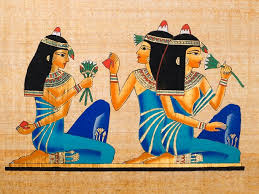
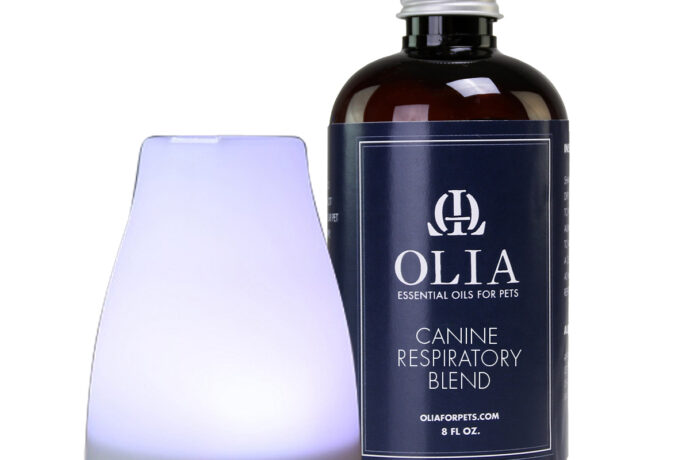
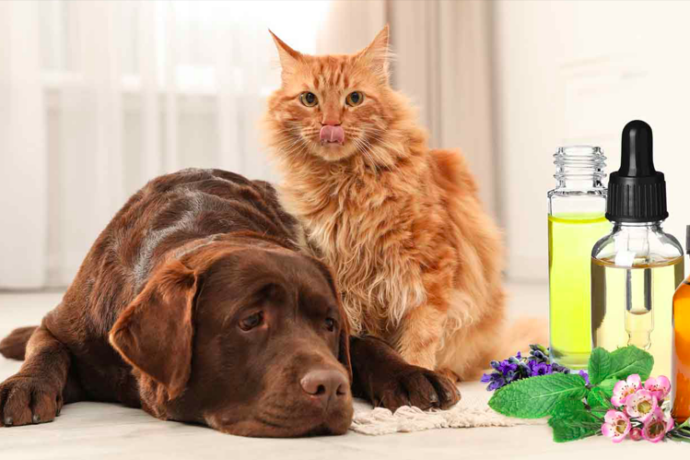
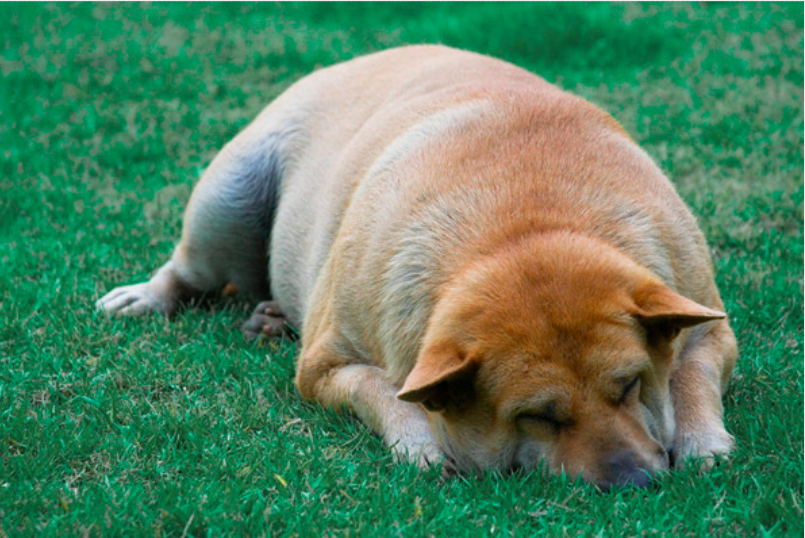
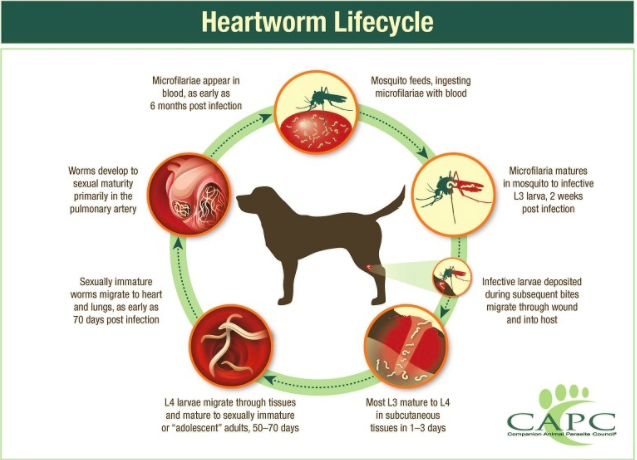


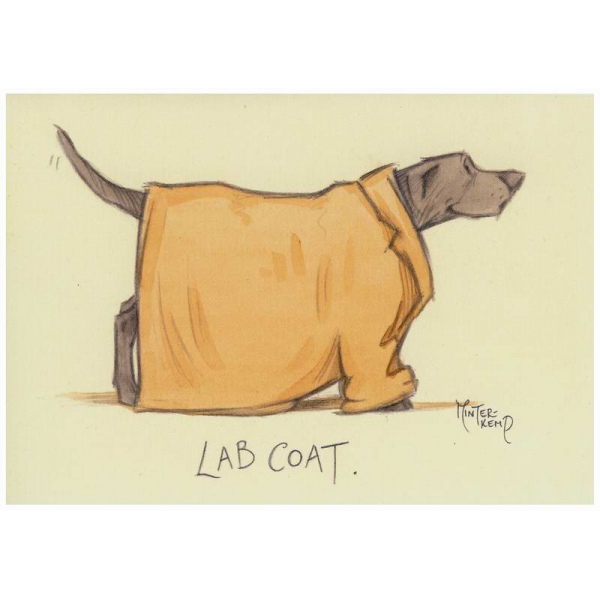



Leave a comment